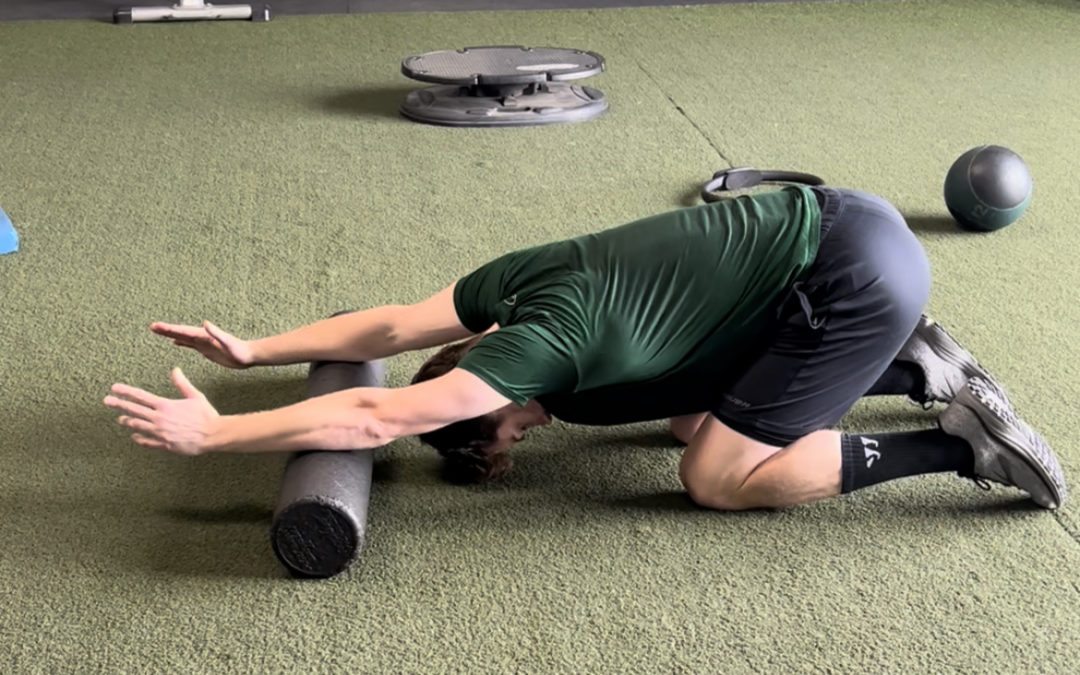When we think of sports performance training, we think of getting faster, jumping higher, and getting stronger so we can be better at our sport. Though it is true, that we train to get better at our sport. What can be forgotten is that we also train to prepare for the demands of the upcoming season.
A solid sports performance program will address these needs by looking at the special demands of each sport, common injuries and include the little things that will help keep athletes healthy throughout the season. Let’s be honest squatting heavy weight, flipping tires and parachute sprints look really cool compared to hip mobility exercises and three-pound shoulder stabilization exercises, but these are just as important.
Sports have turned into a tough business and a “what have you done for me lately” culture even at a young age. Missing a couple of weeks for an injury gives a teammate a chance to shine and take her spot. This isn’t to say you should play through injuries or at all costs, but that proper preparation can help you get where you want to be. A perfect example is when the Cowboys’ Tony Romo got injured and rookie Dak Prescott took his job and ultimately forced Romo into retirement. Yes, this is an extreme example, but you get my point.
So how do we address these issues to prepare for an injury-free season? The program needs to look at the general mobility and flexibility of all joints. Any limitations should be addressed throughout the program and continue during the season.
Common injuries in the sport need to be identified and addressed as well. For example, groin and hip flexor injuries in hockey, hamstring injuries in soccer and football, and shoulder injuries in baseball are typically common.
An injury prevention program for each injury should be included as well and continued during the season. Some examples of hip flexibility exercises include spiderman’s and inchworms. A few examples of shoulder stability exercises can include prone dumbbell retractions and side-lying shoulder external rotations.
There are many goals involved in a sports performance program. These goals should be laid out prior to starting that address weakness, areas of improvement, injury history, specific needs of the sports being played, and common injuries are seen in the sport and how to prevent them.
Chris Phillips is a certified Athletic Trainer and Strength and Conditioning Specialist and owner of Compete Sports Performance and Rehab in Lake Forest, CA. Chris has over 30 years of experience in professional sports including hockey, soccer, football and the 2022 Winter Olympics.

